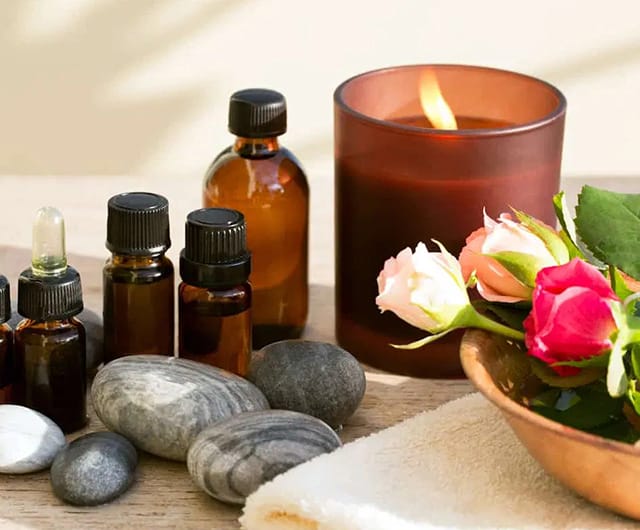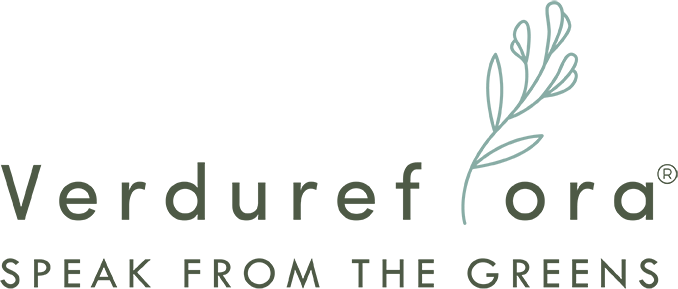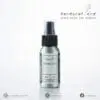PROFESSIONAL ESSENTIAL OIL THERAPY

Module 1 – Introduction of Essential Oil
Essential oils are aromatic, volatile liquids obtained from plant material through steam distillation and named after the plant from which they are derived. Essential oils can be defined as either products or mixtures of fragrant substances or as mixtures of fragrant and odorless substances.
- Definition of essential oils
- History of aromatherapy
- Essence of plants
- Secretory structures of plants
- Extraction methods
- Endangered species in aromatherapy
- Common chemistry and effects of essential oils
Module 2 – Essential Oil Profile and Art of Blending
Essential oil blending is the process of combining different essential oils to create a new and unique aroma that offers therapeutic benefits.
- Overview of 25 essential oils
- Overview of 5 carrier oils
- Overview of 5 hydrosols
- Therapeutic properties of essential oils
- Principles of blending
- Principles of blending
Module 3 – Application of Aromatherapy
Aromatherapy is the practice of using essential oils for therapeutic purposes, and it has a wide range of applications.
- Essential oil dosage guidelines
- Pharmacokinetics of essential oils
- Routes of absorption for essential oils
- Methods of application for essential oils
- Safety guidelines for use
- Guide to purchasing essential oils and carrier oils
Module 4 – Essential oil Safety
Essential oils are natural and potent substances that require proper handling and use to ensure safety.
- Ethical guidelines for the use of essential oils
- Quality of essential oils
- Storage methods and labeling of essential oils
- Hazards and toxicity of essential oils
- Contraindicated types of essential oils
Module 5 – Biology and Psychology of Essential Oil
Essential oils have both biological and psychological effects on the human body and mind.
- The role of smell
- Smell and the brain
- Smell and emotions
- Psychological therapeutic effects of scent
- Essential oils and stress management
Module 6 – Essential Oil in Physical Health and Wellness
Essential oils offer potential benefits such as stress relief, relaxation, improved sleep, pain management, and skin care when incorporated into physical health and wellness practices.
- Anatomy of the integumentary system
- Overview and the role of essential oils in the following areas: muscular system, central nervous system, endocrine system, digestive system, and immune system.
- Types of essential oils used for: immune support, respiratory health, muscle relaxation and stress relief, and digestive system.
Module 7 – Natural Remedies of Essential Oil
Essential oils are used in skincare to promote healthy skin and treat various skin concerns.
- Therapeutic effects of essential oils on the skin
- Effects of essential oils on healthy skin
- Types of common skin issues
- Analysis of cosmetic ingredients
- Guide, regulations, and hygiene standards for homemade products
- Usage and dosage
- Essential oil therapy guide
- Formulation of essential oil therapy for skin and production of skincare products (online practical class
Module 8 – Non-Toxic Solution in Home Care
Essential oils can be used in household cleaning and care as natural alternatives to commercial cleaning products.
- The importance of non-toxic methods in home care
- Benefits of natural cleaning alternatives
- Exploring essential oils for home care
- Safe dosage and guidance (for pregnant women, babies, pets, allergies, toxicity, etc.)
- Formulation and production of essential oil home care products (online practical class)
- Prevention guidelines
Module 9 – Basic Massage Techniques
Aromatherapy massage is a popular massage technique that combines the therapeutic benefits of essential oils with the relaxing and healing effects of massage.
- Focus on the head, face, and shoulders
- Common symptoms of muscle pain
- Common symptoms of nervous system breakdown
- Relevant therapeutic properties of essential oils
- Demonstration of massage techniques
- Precaution guide
Module 10 – Business Study
The essential oil industry has experienced significant growth in recent years, driven by the increasing demand for natural and organic products.
- The value of essential oils
- Professions related to essential oil therapy
- Business plan
- Business advertising and legal guidelines
- Business management
- Business research










